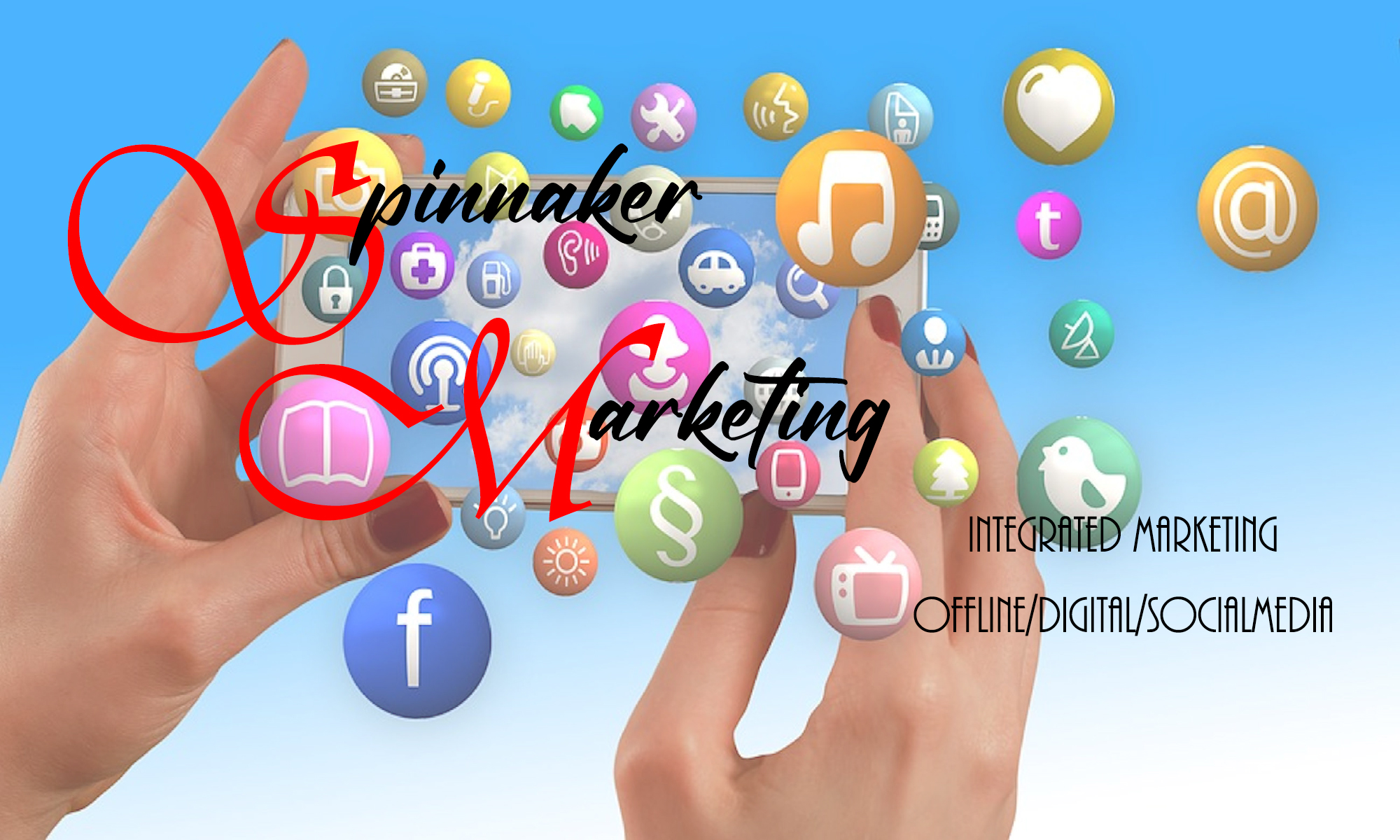Advertisers who make claims about their products on social media sites like Twitter, Facebook and Pinterest need to be mindful of the fine print they use, or forget to use, in their postings and provide disclosure.
Last week, the National Advertising Division, an investigative unit of the Advertising Self-Regulatory Council, reviewed photographs that Nutrisystem had “pinned” on Pinterest boards and determined that the photos were testimonials requiring disclosures. The photographs in question showed people who said they had lost weight by using Nutrisystem, but there was no disclosure that the people had been paid or that the results of their weight loss were not typical. Instead, the photos simply said, for example, “Christine B. lost 46 lbs on Nutrisystem.”
The self-regul atory council conducts independent reviews of marketing and advertising on all platforms, including social media. The group often responds to complaints brought by competing marketers who accuse others of violating advertising guidelines, like making unsubstantiated claims. Following a review, marketers often comply with requests to modify or settle the claim. If they refuse, the claim can be sent to the Federal Trade Commission for further review.
atory council conducts independent reviews of marketing and advertising on all platforms, including social media. The group often responds to complaints brought by competing marketers who accuse others of violating advertising guidelines, like making unsubstantiated claims. Following a review, marketers often comply with requests to modify or settle the claim. If they refuse, the claim can be sent to the Federal Trade Commission for further review.
Andrea Levine, the director of the National Advertising Division, said the organization tends to monitor advertising in categories like health and nutrition, dietary supplements and cosmetics closely. “Those are categories where companies are not watching each other as closely and bringing their own challenges,” Ms. Levine said.
In the Nutrisystem case, the company immediately agreed to add disclosure statements to its photographs, Ms. Levine said. “As long as their stories are truthful and as long as the advertiser discloses what is the normal weight loss range, which is 1 to 2 pounds a week, that lets the consumers put the success story in context,” Ms. Levine said.
Advertising on Twitter and Facebook is also monitored closely by the investigative units in the Advertising Self-Regulatory Council. In November 2011, for example, 1-800 Contacts challenged claims made on Facebook by a competitor, Coastal Contacts.
Coastal Contacts encouraged Facebook users to “like” its page and in doing so, promised them a free pair of glasses. It also promised discounts of 70 percent on contact lenses. The rival, 1-800 Contacts, said that Coastal Contacts did not disclose the shipping and handling fees associated with the offer for free glasses and that not all styles of glasses or lenses were available in the offer.
In addition, the company contended that users who “liked” the Coastal Contacts page in order to get the free glasses were inadvertently endorsing the company.
The National Advertising Division ruled that all claims for free merchandise must clearly disclose any hidden fees and conditions at the outset of the offer, including increasing the font size of the message that “conditions apply.” Facebook likes can be interpreted as “conveying a message of general social endorsement,” the ruling said.
“If what you are offering them in exchange for likes is not real, then those likes were obtained through deceptive advertising,” Ms. Levine said of the ruling.
One of the first social media cases taken up by a related organization, the Electronic Retailing Self-Regulation Program, involved Twitter. In July 2010, the program recommended that Liquid HCG Diet discontinue using testimonials that it made on Twitter — such as, “Becky and husband lost 14 lbs in 2 days!” — and claims on Facebook that said “Lose around a pound a day” and “Lose 30 lbs in a month, it’s easy and quick!”
Twitter now offers advertisers options like promoted tweets that make it more clear to users which posts are advertisements and which are authentic content.
“It’s kind of a reminder to advertisers that even though the medium changes the rules stay the same,” Ms, Levine said.

